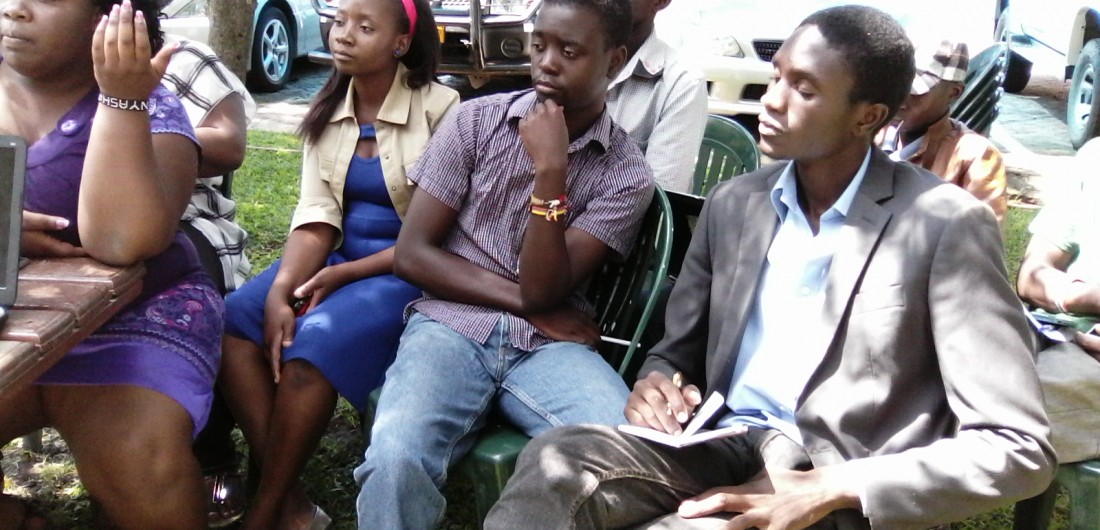By Chido Chikuni
Since the coming in of President Emmerson Mnangagwa as the Head of State and Government, it’s impressive that a number of national building projects and programmes are being implemented as a way of reviving the country’s economy that has been ailing for close to two decades.
Despite the political differences that exist among citizens, Zimbabweans should work collectively to resuscitate the economy. Although as individuals, people are bound to differ in their appreciation of national issues in order to meaningfully contribute to the advancement of our country, it is worthwhile for them to join hands together towards economic development.
It is essential to note that the diversities of thought, multiplicity of ideas and viewpoints can easily fuel progress and development, and many a developed country are proof of such a truth.
Sadly, under the previous administration led by former President Robert Mugabe, many economic malpractices were left unattended, leading to an economic crisis that needs all Zimbabweans to come on deck.
President Mnangagwa has promoted democracy in the country. It is through divergent of views and opinions that national growth is achieved. President Mnangagwa as a listening leader met and discussed economic issues with various organisations including captains of industry, farmers, women and youths with a view to tapping into their diverse views.
Under President Mnangagwa’s leadership, the economic platform was freed so that all economic, social and political institutions could contribute their input towards rebuilding Zimbabwe. President Mnangagwa clearly declared that, ‘Zimbabwe is open for business’, meaning that any country, individual or corporation willing to do business in Zimbabwe is free to do so.
Local prominent business owner, who is the founder and executive chairman of diversified international Telecommunications, Media and Technology group Econet Wireless, Mr Strive Masiyiwa came out in defence of the new Government and its policies as a way of nation building. Mr Masiyiwa called for the removal of economic sanctions that were imposed on Zimbabwe by the western communities in 2001. It is a fact that economic sanctions do not target a specific group of people as wrongly claimed by the country’s detractors, instead, the effects of sanctions derails economic progress for the whole nation. Therefore, there is need for a joint effort to denounce these sanctions for the betterment of Zimbabwe and its citizens.
Rebuilding a nation simply means the establishment, re-establishment and strengthening of public structures in a given country capable of delivering public goods. Thus, the collective effort that will be put by all the economic enablers in reviving the nation have a capacity to positively change the face of Zimbabwe.
Recently, the World Bank predicted a 3.7 % economic growth for Zimbabwe’s economy in 2019, up from 3 % in 2018. This growth prediction can be achieved if every sector effectively plays its role towards nation building.
Opposition parties are considered crucial to the nurturing, enhancing and consolidating of democracy in every political and economic system. A responsible opposition outfit can be defined as a credible political party that qualify as the alternative Government and provide alternative ideas, programs and solutions to issues of national concern that leads on the path of progress and development.
In that regard, local opposition political parties should play their role in rebuilding the nation. The opposition parties can play their part by supporting Government’s national building programmes as well as proffering views in Parliament that contribute to national building. Certainly, it will not be fair and the nation will not prosper if one outfit is making efforts to resuscitate the economy whilst the other part will be engaging in “kudira jecha” or pulling down those efforts.
Lastly, it is the responsibility of every Zimbabwean citizen to contribute towards national development despite political background or affiliation. There is also need for a serious shared vision in reviving Zimbabwe. Every economic sector should therefore work towards achieving vision 2030, of making Zimbabwe a middle income economy.
United we stand, divided we fall.




